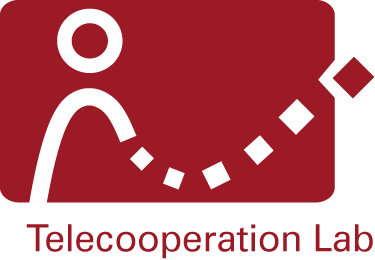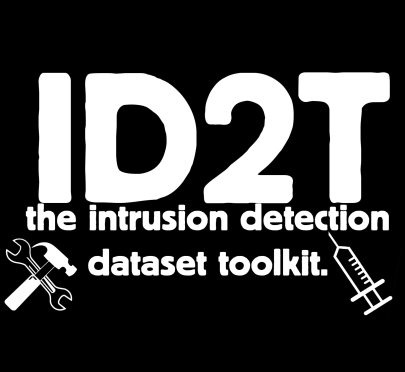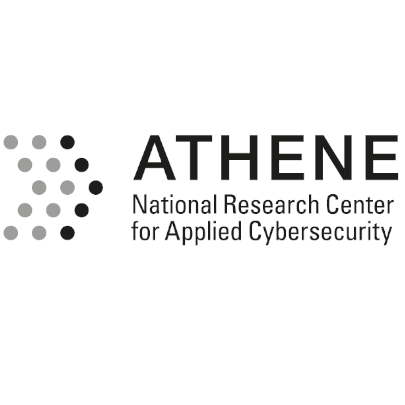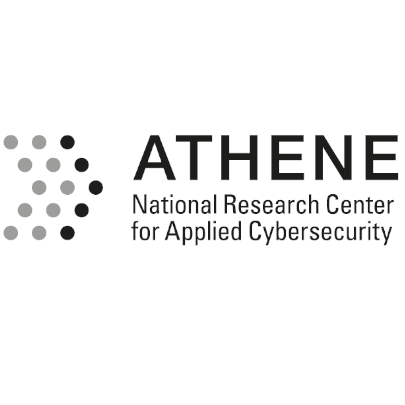Within the larger context of TK’s goal of driving technological advancements towards smart spaces, SPIN complements these efforts by ensuring the interactions among humans and smart spaces are protected from malicious cyber threats. Our mission at SPIN is to enable secure, trustworthy, and privacy-protected interactions and provide ubiquitous connectivity among actors and services.
SPIN’s core strength is driven by the strong foundation rooted in three distinct but complementing research pillars: 1) Trust Enhancement, 2) Ubiquitous Privacy, and 3) Infrastructure Protection. Our research focus ranges from providing solutions for assessing software’s trustworthiness, designing anonymous and efficient group communications, establishing privacy-preserving machine learning algorithms, to protecting critical infrastructures. The unique composition of our interdependent research pillars empowers each SPIN member to tackle complex research problems with excellent and holistic solutions that are strong in their respective core-areas and span across multiple SPIN research pillars.
Showcases
BSF provides a discrete simulation environment to implement and extend peer-to-peer botnets, tweak their settings and allow defenders to evaluate monitoring and countermeasures.
HOSN is an Android app that builds on top of Twitter and allows users to communicate privately beyond the knowledge of Twitter’s service provider.
HosTaGe is a lightweight, low-interaction honeypot for Android operating system devices that aim on the detection of malicious, wireless network environments.
The ID2T (Intrusion Detection Dataset Toolkit) aims on the creation of labeled datasets that contain user defined synthetic attacks.
Our CertainTrust SDK allows computing the expectation or probability on the foundation of Bayesian logic. The SDK is available on our website for everyone to use.
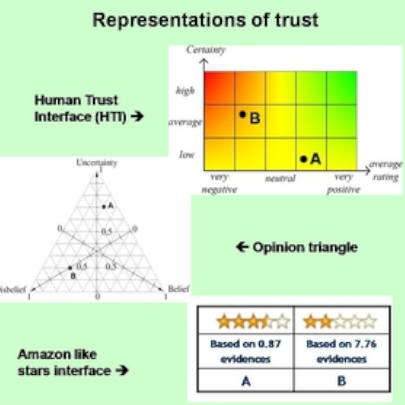
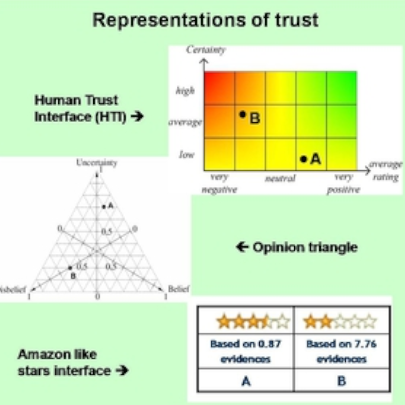
Creating resilience is challenging in distributed systems such as the energy network. The HOLEG Simulator is a solution for modelling energy networks and identifying and evaluating resilient configurations based on the Holon analogy.
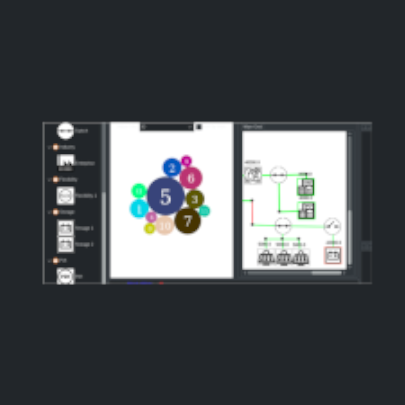
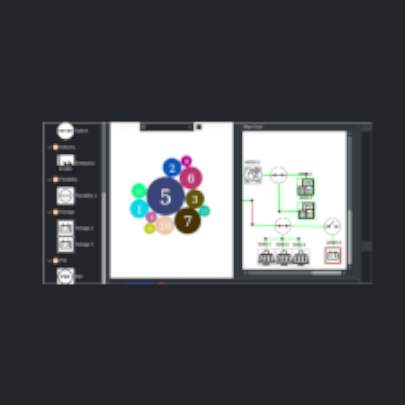
Do not forget to have a look at our list of past showcases.
Current Projects
ATHENE – National Research Center for Applied Cybersecurity
The National Research Center for Applied Cybersecurity ATHENE is the largest research center for cyber security and privacy in Europe. ATHENE develops security solutions to the benefit of industry, society and government, regularly advises the public and private sector and supports start-ups.
Researchers of the Telecooperation group participate in various missions:
- QoSec – Quality of Security
- ABC – Analytics-based Cybersecurity
- SecUrb – Secure Urban Infrastructures
Researchers:
Privacy and Trust for Mobile Users
Our Research Training Group aims at strengthening the position of mobile users facing the trends of becoming increasingly transparent, while Internet-based services, social networks, and other powerful players are becoming increasingly opaque. In a multi-disciplinary effort, the paired goals of privacy and trust are approached jointly and scientifically to respond to these trends. Privacy on the one hand is considered as the main instrument for limiting user transparency. Meanwhile, assessing the trustworthiness of players in the network on the other hand is considered as the main instrument for countering the opaqueness.
Researchers:
Aidmar Wainakh


EU CHAMPIONs – Cooperative Harmonized Action Model to Stop Polarization in Our Nations
CHAMPIONs’ central action is to establish permanent offline working groups combining FLPs (first-line-practitioners) of different disciplines, professions and institutions or agencies, to jointly develop effective detection and response solutions to counter polarization, build resilience and protect vulnerable groups in their local communities.
Researchers:
Andrea Tundis


Anonyme Gruppenkommunikation (AnonPubSub)
AnonPubSub is a DFG project for developing novel and formally-sound techniques to provide anonymous group communication in decentralized environments.
Researchers:
Sarah Gaballah
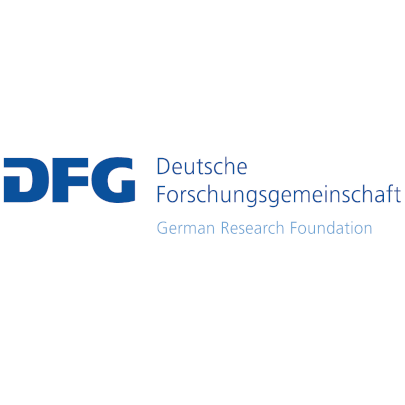
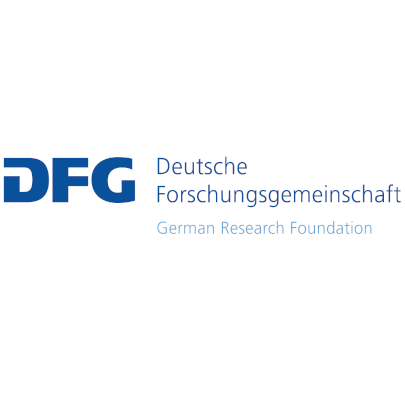
Software Campus (Project ALIEN4IoT)
Anomaly Detectoin for IoT-Networks
Many IoT-devices have only limited computational ressources and therefore cannot run traditional security mechanisms such as anti-virus software. Network-based Intrusion Detection Systems (IDS) can mitigate this drawback. They offer the possiblity to monitor and protect multiple devices within the same network. Sepcifically, in the context of IoT-devices, this is a promising aid in securing the factories of the future. The goal of this project is to develop an anomaly-based IDS for deployment in and protection of IoT-networks.
Researchers:
Leon Böck
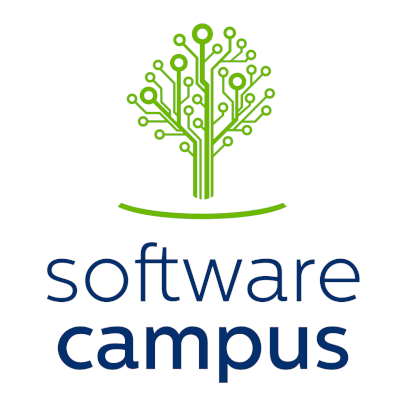
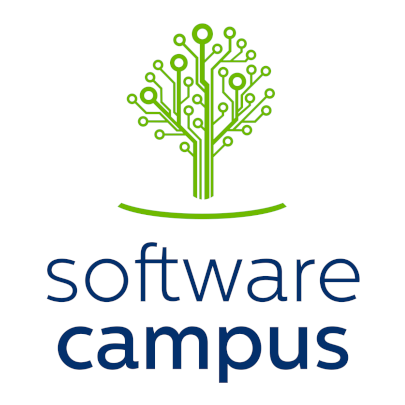
Novel P2P Botnet Detection and Endpoint Mobilization
This project is funded by the Royal Bank of Canada and focuses on detecting and mitigating botnet threats in edge networks. To do this, the project aims to develop a simulation environment to experiment with advanced countermeasures, introduce novel P2P botnet detection techniques and leverage collaborative approaches to mitigate the botnet threat based on shared knowledge.
Researchers:


Do not forget to take a look at our list of past projects.
Staff
| Photo | Name | Contact |
|---|---|---|
| Area Head | ||
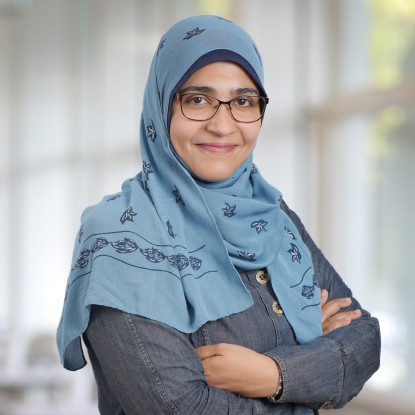
| Dr. Lamya Abdullah | abdullah@tk.tu-... +49 6151 16-23190 S2|02 A112 |
| Research Associates | ||
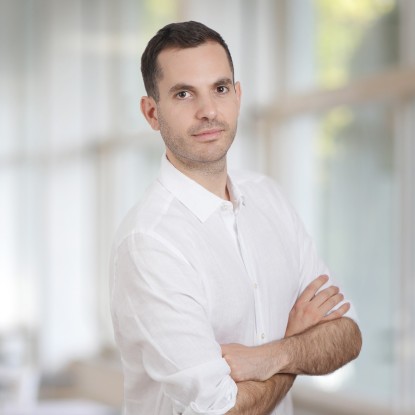
| Dr.-Ing. Nikolaos Alexopoulos | alexopoulos@tk.tu-... +49 6151 16-20108 S2|02 A121 |
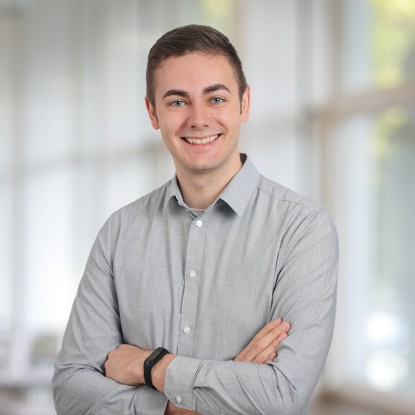
| Simon Althaus | althaus@peasec.tu-... +49 6151 16-22602 S2|02 A121 |
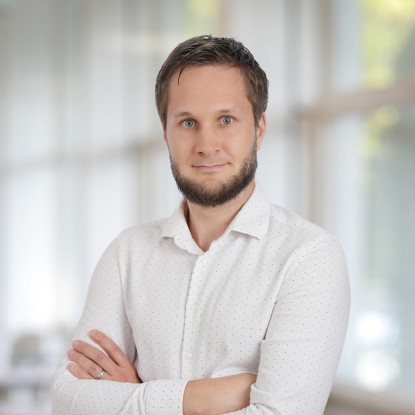
| Leon Böck | boeck@tk.tu-... +49 6151 16-20108 S2|02 A121 |
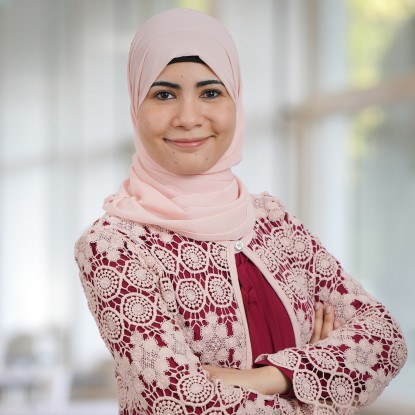
| Sarah Gaballah | gaballah@tk.tu-... +49 6151 16-23190 S2|02 A112 |
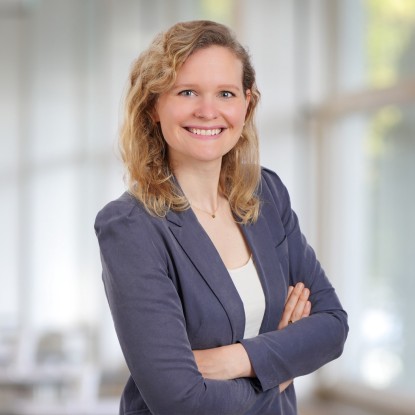
| Jana Vogel | vogel@privacy-trust.tu-... +49 6151 16-22663 S2|02 A105 |
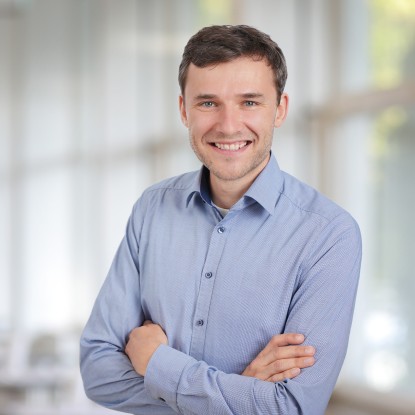
| Dr. Ephraim Zimmer | zimmer@privacy-trust.tu-... +49 6151 16-23191 S2|02 A105 |
Former group members
- Dr. Tim Grube
- Dr. Carlos Garcia Cordero
- Dr. Jörg Daubert
- Dr. Emmanouil Vasilomanolakis
- Dr. Sheikh M. Habib
- Dr.-Ing. Florian Volk
- Dr. Shankar Karuppayah
- Prof. Dr. Sascha Hauke
- Dr. Matthias Beckerle
- Dr. Fábio Borges
- Prof. Dr.-Ing. Mathias Fischer
- Dr. ir. Stefan Schiffner
- Dr. Leonardo A. Martucci
- Dr. Stefan G. Weber
- Dr. Sebastian Ries


